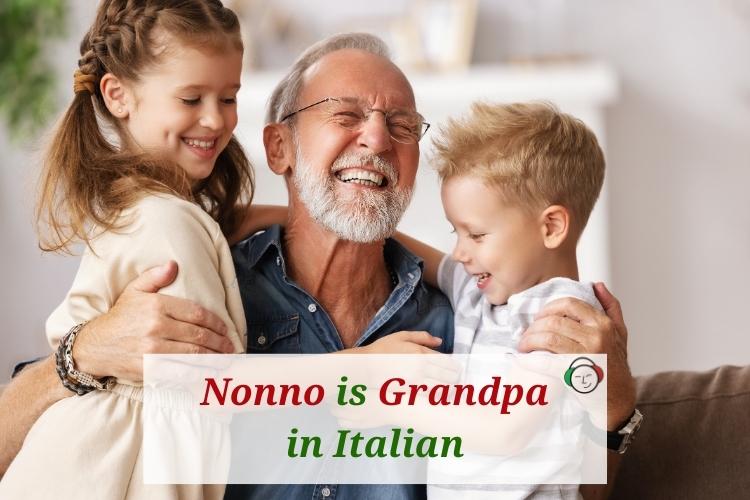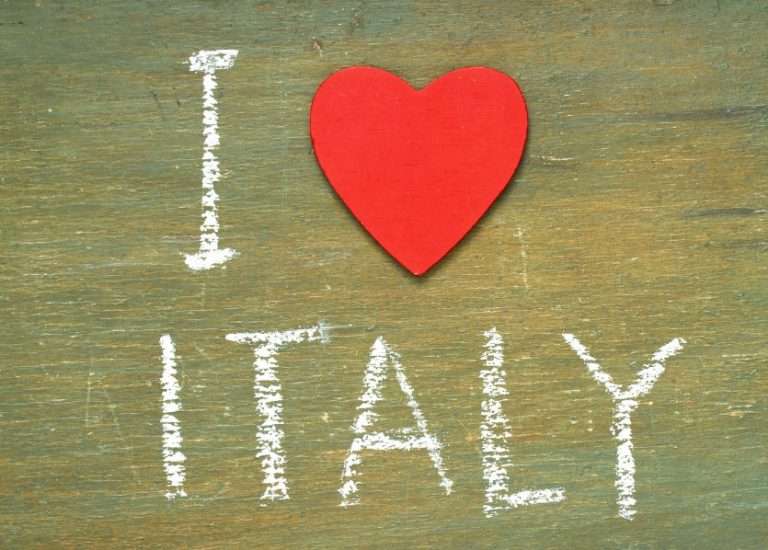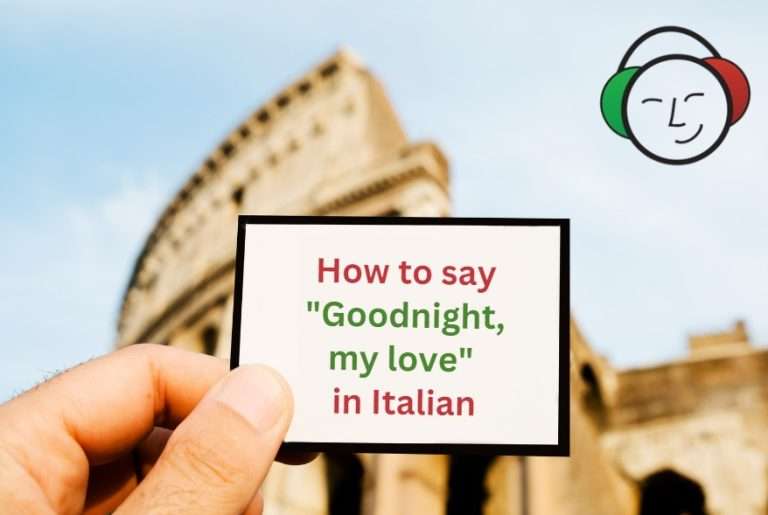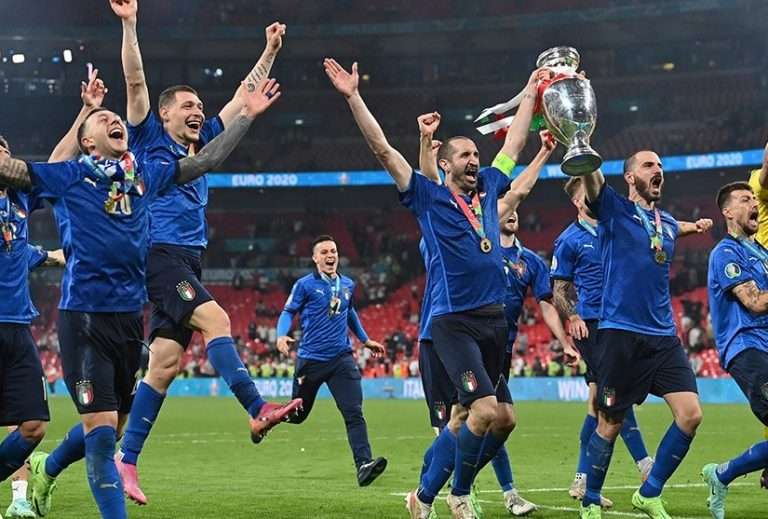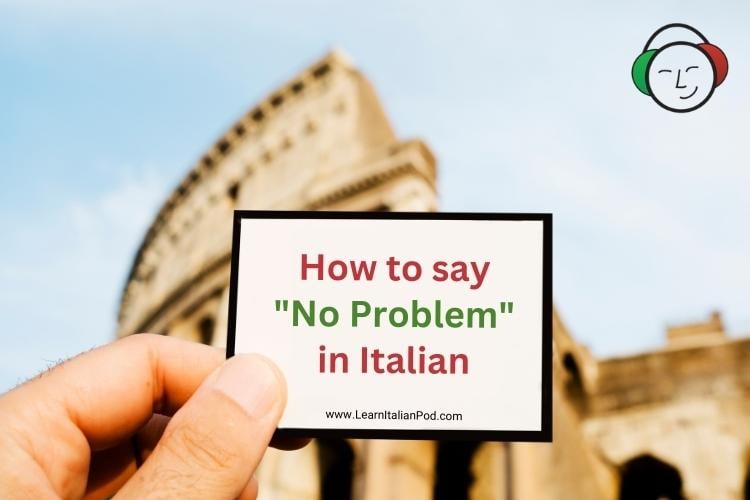Say Grandpa (Grandfather) in Italian: Words for Nonno
Family is at the core of Italian culture, and grandparents, particularly grandfathers, occupy a cherished position within the family unit. Gaining a deeper understanding of the various Italian words for grandpa allows us to appreciate and honor their vital role in our lives.
This article will delve into the captivating world of Italian grandfather traditions, terms, and the affectionate language used to celebrate their presence in the family.
Italian Words for Grandpa: The Many Names for Italian Grandfathers

Italian grandfathers have several names and affectionate terms that reflect their importance in the family. These names vary based on the relationship and the emotions they evoke. Here are some of the most common terms:
Nonno: Grandfather
The Italian word “Nonno” is used to refer to a grandfather and is an important term when discussing family members. Here are a couple of examples of sentences in Italian and their English translation.
- Nonno, ti voglio bene. (Nonno, I love you.)
- Il nonno ama cucinare la pasta. (My grandfather loves to cook pasta.)
Nonno Paterno & Nonno Materno: Distinguishing Paternal and Maternal Grandfathers
In Italian, there are even more specific ways to address your grandfather, depending on which side of the family he belongs to. Let’s take a look at how to distinguish between your paternal and maternal grandfathers using the terms “paterno” and “materno“:
Nonno paterno and Nonno materno
- Il mio nonno paterno è nato a Roma. (My paternal grandfather was born in Rome.)
- Il mio nonno materno adora il calcio. (My maternal grandfather loves soccer.)
Learning Italian? – Explore the 23 top Italian grammar books to master the language.
How to Say Great Grandfather in Italian

Let’s dive deeper into the Italian family tree by learning how to say great grandfather in Italian, offering you even more insight into this beautiful language and its rich familial traditions.
Bisnonno: Great grandfather
- Il mio bisnonno raccontava sempre storie incredibili. (My great-grandfather always told incredible stories.)
Continuing with great-grandparents, here’s the Italian translation for a great-grandmother and the plural form for great-grandparents:
Bisnonna: Great grandmother
- La mia bisnonna faceva le migliori torte della città. (My great-grandmother made the best cakes in town.)
Bisnonni: Great grandparents (plural)
- I miei bisnonni si sono conosciuti durante la guerra. (My great-grandparents met during the war.)
Listen to the three examples above in Italian:
How Italians Express Affection for Their Grandpas

The importance of family in Italian culture leads to many terms of endearment being used, especially when referring to grandparents. Young people, in particular, have a special bond with their grandpas, using various affectionate terms to convey their love and respect.
In Italian, adding suffixes to nouns is a prevalent method for transforming a name into a term of endearment. For grandparents, Italians frequently attach suffixes to “nonno” and “nonna” to express their affection.
Some of the most common suffixes include “-ino,” “-etto,” and “-uccio.” The pronunciation of these Italian words might sound amusing, but they convey affection, and Italians adore using them.
Suggested Read: 101 Funny Italian Jokes: Humor to Make You Laugh Out Loud
Let’s see some other popular ways to say grandpa in Italian.
Nonnino: Little grandfather
- Nonnino mi raccontava favole prima di dormire. (Nonnino used to tell me fairy tales before bedtime.)
Nonnetto: Another endearing term for a grandfather
- Nonnetto mi portava sempre a passeggiare al parco. (Nonnetto always took me for walks in the park.)
Nonnuccio: Affectionate term for a grandfather
- Nonnuccio mi ha insegnato a fare il tiramisù. (Nonnuccio taught me how to make tiramisù.)
Listen to the three examples above in Italian:
Even non-Italian families have embraced the term “Nonno” because of its pleasant sound and easy pronunciation for young children. And if at this point you’re wondering how to say grandma in Italian, the Italian word for grandma is “nonna.”
Suggested Read: Say Grandma in Italian: Embrace the Love for Nonna
The Central Role of Grandparents in Italian Family Life

In Italy, extended families form the backbone of society, and grandparents and great-grandparents play a crucial role in maintaining close-knit family ties. They often provide their children and grandchildren guidance, support, and love, creating a strong bond across generations.
In the past, Italian families lived together in communal settings, especially in agricultural and farming communities. Parents, grandparents, and great-grandparents shared the same home and contributed to daily cooking, cleaning, and childcare tasks.
Suggested Read: How to Say Dad in Italian: The Simple Guide
This living arrangement fostered a sense of unity, with everyone working together for the common good. Over time, changes in social values and living arrangements have led to a shift towards nuclear families.
Despite this change, the importance of grandparents in family life remains strong. Italian grandfathers continue to pass down Italian cultural traditions, family values, and cherished memories to their grandchildren.
Intergenerational Connections and Traditions
The bond between Italian grandparents and their grandchildren is essential to Italian culture. Grandfathers often play a very important role in teaching their grandchildren about family traditions and cultural values. Here are some examples of how Italian grandfathers pass down these precious lessons:
1. Teaching traditional recipes and cooking techniques
- Nonno mi ha insegnato a preparare la pizza fatta in casa. (Grandpa taught me how to make homemade pizza.)
2. Sharing stories about the family’s history and ancestors
- Nonno raccontava sempre storie dei nostri antenati e delle loro imprese. (Grandpa always told stories about our ancestors and their accomplishments.)
3. Passing down craftsmanship and artisanal skills
- Mio nonno mi ha insegnato l’arte della lavorazione del legno. (My grandfather taught me the art of woodworking.)
4. Fostering a love for Italian art, music, and literature
- Nonno mi ha fatto innamorare della musica. (Grandpa made me fall in love with music.)
Listen to the four examples above in Italian:
These experiences strengthen the bond between grandparents and grandchildren and preserve the rich Italian heritage for future generations.
Celebrating Italian Grandfathers on Grandparents Day (Festa dei Nonni)

In Italy, Grandparents Day (Festa Dei Nonni) is a cherished occasion that pays tribute to the love, guidance, and support provided by grandparents.
Observed annually on October 2nd, this special day is dedicated to showing appreciation for the wisdom and care that Italian grandfathers and grandmothers bestow upon their families.
Numerous Italian schools honor Grandparents Day by inviting grandparents to partake in school events and activities. These celebrations allow grandchildren to express their gratitude and create lasting memories with their adored Nonni.
There are several symbols and traditions linked to Grandparents Day in Italy:
- Official flower: Nontiscordardimé (forget-me-not), a delicate blue flower symbolizing love and remembrance.
- A well-known song, “Ninna Nonna,” is frequently associated with Grandparents Day in Italy, capturing the spirit of love and affection between grandparents and their grandchildren.
- Each year, “Il Premio Festa dei Nonni” (The Grandparents Award) is presented to grandparents who have demonstrated exceptional dedication and service to their families and communities.
In the United States, Grandparents Day is celebrated on the first Sunday in September following Labor Day. This day offers a wonderful opportunity for families to come together and cherish the time spent with their beloved grandparents. Although the dates and some traditions may differ, the essence of honoring and celebrating grandparents remains the same in both countries.
By embracing these celebrations, we can show our grandparents how much they mean to us and ensure their love, wisdom, and contributions to our lives are never forgotten.
Incorporating Italian Words for Grandpa in Daily Conversations

The Italian name for grandpa (grandfather) holds great significance in Italian culture as it symbolizes the cherished bond between generations.
Using Italian grandfather names can help strengthen family bonds and demonstrate your love and appreciation for the role they play in your life.
Here are some suggestions on how to incorporate these terms into your daily conversations and special occasions:
- Address your grandfather using his preferred Italian title or writing cards and letters when talking to him. For example: “Caro Nonnino, ti penso sempre con tanto affetto.” (Dear Nonnino, I always think of you with so much affection.)
- Include Italian terms for grandfathers when talking to others about your family. For example: “Mio nonno materno è un grande appassionato di arte.” (My maternal grandfather is a great art enthusiast.)
- Use common Italian words for grampa in social media posts or captions to share your appreciation. For example: “Auguri al mio adorato Nonnino per il suo compleanno!” (Best wishes to my beloved Nonnino on his birthday!)
Learning grandparent names in Italian and using them in everyday life is a touching way to recognize and celebrate their vital role in our lives.
By adopting these Italian family words and practices, we can foster closer connections with our grandparents and ensure that the rich Italian heritage endures for future generations.
We trust this article has inspired you to learn more about the endearing world of Italian grandfathers and their traditions. You now know how to say grandpa in Italian. As native speakers often do, let’s continue to honor and appreciate the love and wisdom grandpas bring to our lives.
Further Reading:

